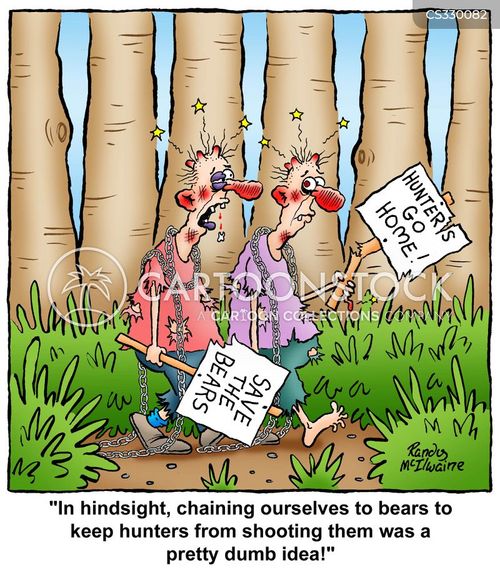

Let’s support each other as a community of leaders.Hindsight is a great thing, as they say, because the experience and knowledge that it comes from it is really useful, not only for you in the future but for others. The challenges of coronavirus to all of us, our people, our organisations and our communities are wide-ranging – but we are all facing them. This isn’t meant to be a perfect list – let me know what I’ve missed, or what’s worked for you or what you agree with. Good enough is good enough – this was my biggest lesson. When the intense six months of Stephen’s Story was over, it took one of my team telling me I was “marching round a bit” for me to realise it had been so effective to lean in to my love of focus, deadlines and pace that it had embedded as my default setting without me noticing. The way you need to lead now won’t work in the long term – rallying focus, creating urgency, thinking about risks is needed now but the intensity will change. With hindsight we all kept in crisis mode for the whole time and everyone did everything we could have taken things in shifts and stopped to have a proper break. Prepare to share – initially everyone needs to be aligned but if things run into months rather than weeks you will need to tag team it. When we experienced Stephen’s Story we didn’t have structure and that ramped up the uncertainty because the structure was uncertain as well as the situation. There’s a set agenda and a rhythm to our day. Have structure – right now we gather as a leadership team every day at the same time. We didn’t stop anything during Stephen’s Story and with hindsight we should have. Thinking matters (and takes time) – try and give yourself and your team some thinking and processing capacity. It might feel impossible but please do it. Your team will need a break too – it is your job to make it happen by showing them its ok. Lean in to it for a bit but start planning now for taking a break (even if just for lunch). Not the same as this at all – especially financially – but with similarities in the volatile, fast paced, high risk and high visibility situations we faced.īeing in ‘response mindset’ is vital – it’s how you take decisions and get things moving – but heck it’s pretty much impossible to sustain for a long time.īreaks matter – high volumes of decisions need taking and masses of changing information is coming our way. These are the leadership lessons I learned when Teenage Cancer Trust was the focus of a wave of months of national press attention back in 2014 as the result of the remarkable fundraising of a young man called Stephen Sutton.
With the benefit of hindsight full#
Expectations of my team and of myself were high, time was tight, the headlights of accountability were on full beam and the scope of what might happen (especially if we got it wrong) was huge. I learned about what not to do as well as what to do more of. But it is an experience that meant I was leading in “crisis response mode” for a prolonged period (days, then weeks, then months). The proviso here is that the experience I am leaning on – and learning from – is definitely not the same as coronavirus. On the off chance they might help others, I thought I’d pop my reflections in a blog. I dusted through my memory to see what could inform how I might lead during the extra-ordinary times we are in. I mused on whether anything I’ve experienced might help. I also reflected that leading like this – and with this intensity – isn’t likely to stop soon.

Leading in uncertainty is part of leadership, but not on this scale or with the potential impact that we need to consider for the people and communities we serve, our organisations and our people. What sort of leadership is needed when all you can see is uncertainty and risk?

Rather than think about risk management, crisis communications and some of the very necessary process driven things we are all doing, I paused to think about what my leadership team – as well as the wider organisation – might need from me. The advice was pretty bluntly delivered (I think my decision-paralysis was frustrating him!) but the blunt delivery made it stick and I still use it now. He also told me that leadership can be about making the ‘least wrong’ decision with the information you have – and that often you only know after the event if you did the right thing. A smart and invaluable mentor told me that years ago when I was over-thinking a decision for fear of getting it wrong. What sort of leadership is needed when all you can see is uncertainty and risk? Kate Collins, CEO of Teenage Cancer Trust, shares her experienceĮveryone’s a genius with hindsight.


 0 kommentar(er)
0 kommentar(er)
